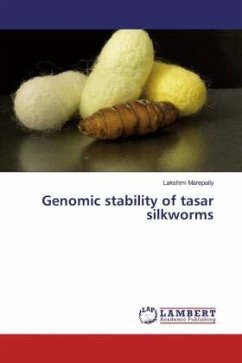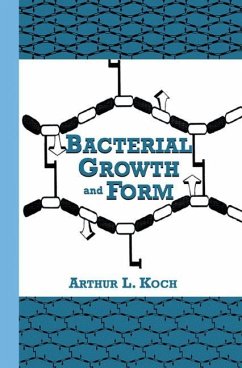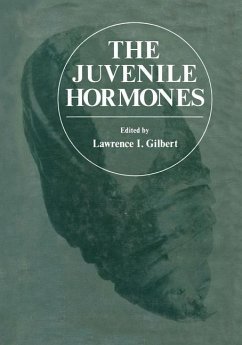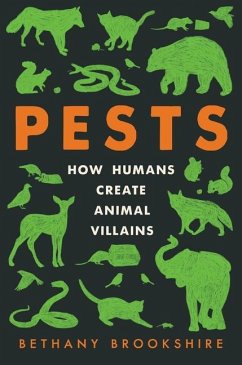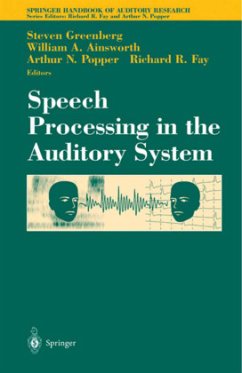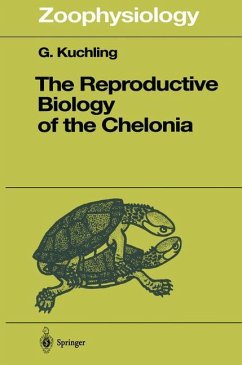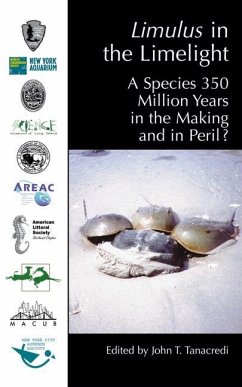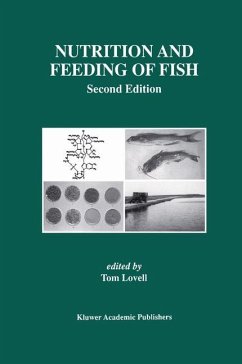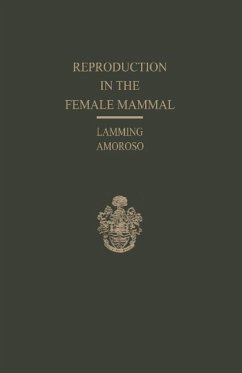
Nonculturable Microorganisms in the Environment

PAYBACK Punkte
38 °P sammeln!
Twenty years ago the discovery that Vibrio cholerae does not "die off" in the environment was made. We hypothesized that this gram-negative, rod-shaped bac terium possessed the capacity to survive for very long periods of time, i. e. , months or years, under conditions adverse to active growth and reproduction. The term "somnicell" was proposed in 1987 to describe this state of being. Subsequently a series of experiments showed that this phenomenon was not unique to Vibrio chol erae. Many other gram-negative bacteria were found to undergo the "viable but not culturable" state in response to ad...
Twenty years ago the discovery that Vibrio cholerae does not "die off" in the environment was made. We hypothesized that this gram-negative, rod-shaped bac terium possessed the capacity to survive for very long periods of time, i. e. , months or years, under conditions adverse to active growth and reproduction. The term "somnicell" was proposed in 1987 to describe this state of being. Subsequently a series of experiments showed that this phenomenon was not unique to Vibrio chol erae. Many other gram-negative bacteria were found to undergo the "viable but not culturable" state in response to adverse environmental conditions. Such bac terial species included Escherichia coli, Salmonella enteriditis, Campylobacter je juni, Legionella pneumophila, and Shigella sonnei, among others. Clearly, the ability to tolerate the vicissitudes of the environment, notably changes that accom pany climate and season, is part of a strategy for survival that is pervasive among bacterial species that are both aquatic in natural habitat and opportunistic human pathogens. It raises a question as to whether the pathogenicity manifested by these bacteria is opportunism, or simply metabolic functions of bacteria that are naturally occurring in the environment and contributing to the stability and sustainability of the environment, with the inadvertent host, the human, suffering because of mis placed consequences of those metabolic functions. It is an interesting question to ponder. Throughout the pages that follow, invited authors describe, from each of their perspectives, the significance and consequences of the viable but nonculturable state.



